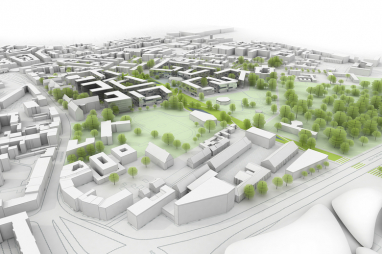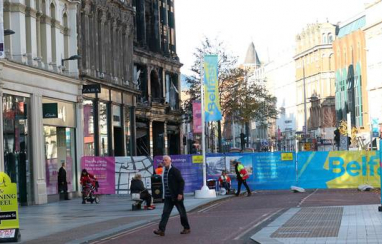- SBD - You will love The Nike Air VaporMax Run Utility if - 700 Release Date - Nike Air Zoom Pegasus 36 Cody Hudson Yellow CI1723
- 300 - IetpShops - Air Jordan 1 High OG Celadon FB9934 , air jordan 1 retro high gg black hot lava
- Сникерсы кроссовки на высокой платформе с танкеткой чёрные деми — цена 1199 грн в каталоге Сникеры ✓ Купить женские вещи по доступной цене на Шафе , Украина #107726991
- Украина #126535155 , Женские кроссовки nike jordan white black pink — цена 2549 грн в каталоге Кроссовки ✓ Купить женские вещи по доступной цене на Шафе , Air Jordan 2 Retro Low Gym Red x Jordan AJ 2 23 Wings T-Shirt
- nike outlets sell jordan 1
- best nike basketball shoes
- nike air force 1 low white gold dc2181 100 release date info
- air force 1 shadow
- air jordan 1 mid chicago 2020 554724 173
- Miles Morales Shameik Moore Air Jordan 1 Spider Verse
- Home
- News and analysis
- Info hubs
- Events
- Video
- Case Studies
- About us
- Magazine
- Advertising
Produced for the industry by the Association for Consultancy and Engineering
News
Urban design focus on mental health could inject billions into economy, report says

Putting good design at the heart of all urban development could provide cities in the UK with a £15bn boost while improving the mental health of millions of people, according to one of the largest property development companies.
British Land claim that a focus on designing urban environments for wellbeing would have multi-faceted benefits but ultimately would lead to a £15.3bn boost to the economy by 2050.
This would be achieved via £3.6bn of savings from less reliance on the NHS and welfare bills, £5.4bn productivity increase due to less people taking time off work for stress related issues and a £6.3bn boost in economic output from more people being in employment.
‘A Design for Life’, commissioned by British Land cites figures from the Centre for Urban Design & Mental Health which reveal the particular mental health challenge in our cities. That study found that urban dwellers have an almost 40% higher risk of depression, over 20% more anxiety, and double the risk of schizophrenia, in addition to more loneliness, isolation and stress.
The paper identifies that well designed environments have a material positive impact on mental health: with two-thirds of the UK population now living in urban environments, good design has the potential to improve the wellbeing of around 44 million people.
Commenting on the report, the secretary of state for Health and Social Care, Matt Hancock, said: “It’s vital that we place more emphasis on earlier health interventions and look at new and innovative ways of supporting people to lead healthier, happier lives. This research highlights the potential benefits of supporting people in ways that don’t involve a clinical setting and shows that putting physical and mental wellbeing at the heart of development is a step in the right direction in improving the health of the nation.”
The chief executive of British Land has urged the government to grasp this huge opportunity and leave a “legacy beyond Brexit.” The inclusion of outdoor gyms and parks with urban centres are said to play a big part in the improvement of peoples’ physical health, wellbeing and mental health.
Chris Grigg, chief executive of British Land said: “Few are aware of the impact of the space around us on how we feel and function. And this power of urban design to increase – or decrease – our wellbeing has a direct link to the UK’s future economic productivity and social cohesion. With most of us now spending our lives in urban environments, there is a meaningful prize to be won from putting good design at the heart of urban development. This would help the Government in its mission to tackle mental illness, increase UK productivity and leave a positive legacy beyond Brexit.”
The property investment group claim that within these “urban wellbeing zones” planning applications could be fast-tracked on the condition that proposed developments contribute to community resilience and wellbeing while the private sector would be incentivised to put good design at the heart of regeneration ambitions.





